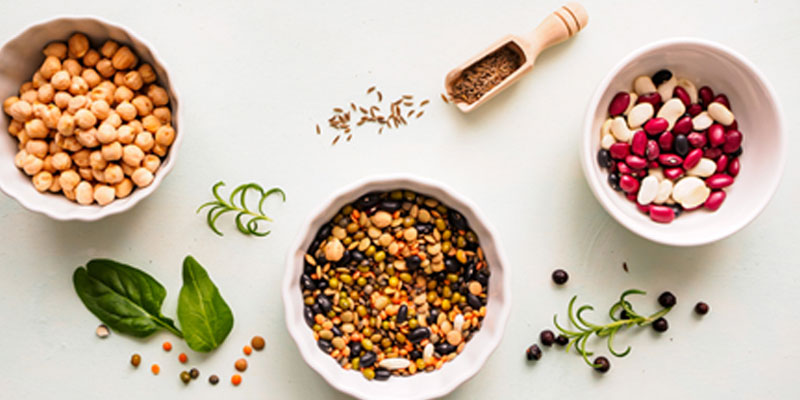Suppose you don't like staying indoors with a high temperature, chills, whooping cough, a runny nose, muscular pains, and maybe even vomiting and diarrhea. In that case, you're relatively concerned about avoiding the flu. Vaccinating against the flu twice is your most excellent defense against contracting the illness. If you want, you may also choose to get the vaccination through a nasal spray, but only if you don't have asthma (the spray might cause wheezing) or are pregnant (the spray's effectiveness and safety haven't been demonstrated in pregnant individuals). However, suppose you have the flu before you've had the chance to be vaccinated. You may think it's too late to be vaccinated against influenza since you've already caught it. Contrary to what you may be thinking, reader, this is not without value. Because acquiring the flu twice throughout one season is just about the worst thing that can happen to you.
Yes, You May Get The Illness More Than Once Throughout The Same Flu Season
According to the CDC, influenza viruses are the causative agents of the seasonal flu outbreak. Suffice it to say that viruses are the focus here. During flu season, "about three strains of something like the flu are circulating," says Richard Watkins, M.D., an expert on infectious diseases in Akron, Ohio, and assistant professor for internal medicine with Northeast Ohio Medical University. That implies you have a chance of becoming ill from another strain of that flu and then another in the same season if you're unfortunate. The flu virus may be spread even if the carrier does not develop symptoms. By being vaccinated, you're not only protecting yourself but also others at greater risk of suffering flu-related complications, such as infants, the elderly, and individuals who have health problems like asthma and heart disease.
What Is A Flu Season With Two Barrels?

Perhaps this year will be different. Usually, the flu A strain will emerge first, and then a B strain would show up later and cause significantly fewer cases. However, this season needs to follow the norm. Schaffner claims that the prevalence of an influenza Virus strain (B/Victoria) has astonished experts. It began suddenly and had a significant impact. Over 15 million individuals have been ill, without B/Victoria being the primary cause. At this point, B/Victoria has peaked, and its popularity is beginning to decline. The lead epidemiologist at the Minnesota Department of Health, Karen Martin, says that influenza A (H1N1) made a surprise appearance this year and its impact is still being analyzed. However, it's also likely to lead to a dramatic increase in reported instances.
Can The Flu Shot Still Provide Protection?
Four seasonal flu viruses are chosen each year as the primary focus of vaccine development. While it won't be known until the start of the next season how well the vaccination protects against the disease, being vaccinated increases the likelihood that your symptoms will be less if you get it. Ruth Lynfield, Minnesota's state epidemiologist, assures residents that it is not too late to get the vaccine. It could be a good idea to acquire something now if you haven't already, in case the season ends up being exceptionally lengthy and continues into the spring. Lynfield says antivirals may assist individuals who have already become sick and appear to be suffering severe symptoms. Still, she advises anybody seeking antivirals to contact their doctor first to prevent spreading their illness to others in waiting rooms.
Who Decides Which Influenza Vaccine To Use?

A vaccination committee at the World Health Assembly has reportedly recommended a particular strain of influenza for the forthcoming flu season, as reported by the National Cancer Institute as well as Prevention (CDC). The final product is a vaccine, ready to be injected into one's arm and give protection. Unfortunately, the efficacy of the suggested vaccination is only sometimes as high as predicted. For instance, the sheer grommet curtains and the effectiveness of the 2018 flu vaccination against the H3N2 strain with influenza A was just 36%. You could recover from one strain of flu in December but then get another pressure in February, such as H1N1 or influenza B.
Conclusion
This flu season has been unprecedentedly strange, according to specialists. An unusually early onset of a strain marked the beginning of the outbreak. As one theme gains ground on another, the conditions are set for what is characterized as a "double-barreled flu season," in which two distinct flu waves occur in quick succession. It's still early enough in the morning to be vaccinated against the flu. Warn doctors since a second wave is on the way.



